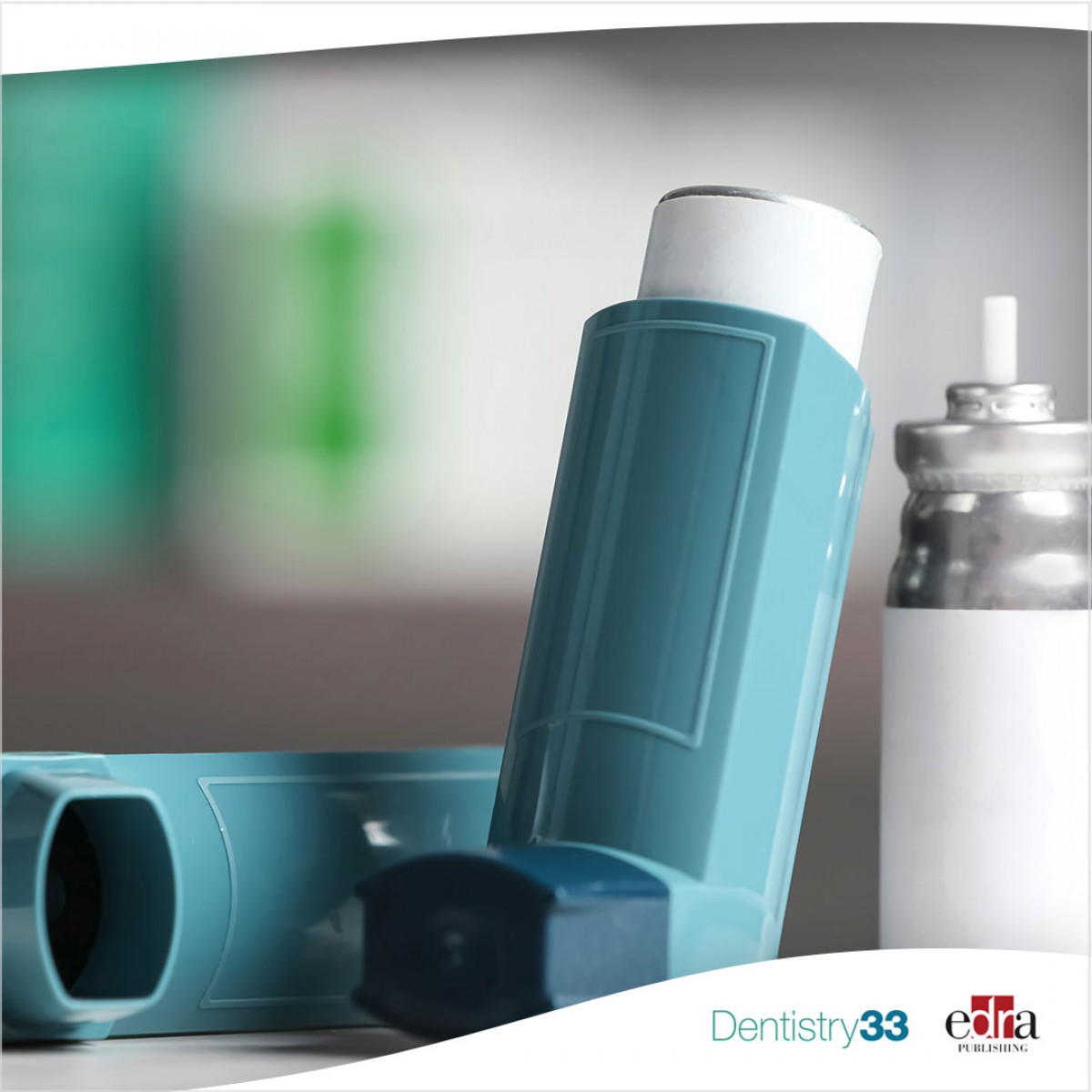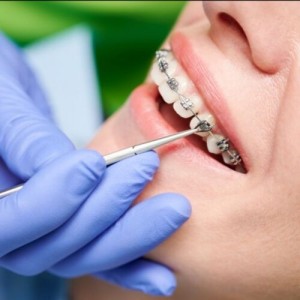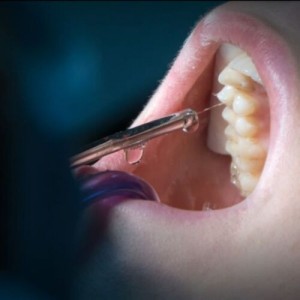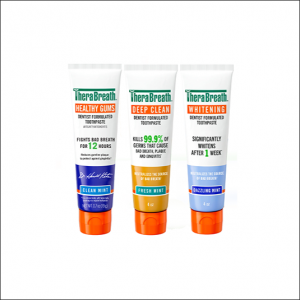
The association between erosive toothwear and asthma – is it significant? A meta-analysis
Background
The association of asthma with oral conditions such as dental caries, dental erosion, periodontal diseases and oral mucosal changes has been the subject of debate among dental practitioners. Existing evidence indicates that an inhaler is the most common and effective way of delivering the asthma medications directly into the lungs. Few studies in the past attributed this association to the changes in salivary flow caused due to these medications. Considering this unclear association, the aim of the present meta-analyses is to identify the association between erosive tooth wear and asthma from individual studies conducted until date.
Methodology
Electronic databases were systematically searched until 30th September 2022. Articles identified using the search strategy were imported to RAYYAN systematic review software. Data was extracted relating to study design, geographic location, year of publication, sample size, the assessment method for erosive tooth wear and asthma. The Newcastle Ottawa scale was utilized to assess the quality of evidence reported from the included studies. RevMan Version 5.3 was used to perform a random-effects meta-analysis to produce pooled estimates from OR and 95% CI of included studies. The I² statistic was used to determine the extent of heterogeneity. A funnel plot was generated to visually assess the potential for publication bias. Sensitivity analyses were performed by excluding individual studies one at a time. GRADE approach was used for grading the evidence for key comparisons.
Results
The initial search strategy identified articles, which was reduced to 42 articles after duplicates were removed. Thirty-four articles met the inclusion criteria for full text assessment. Eight studies were conducted in children and four studies in adults.
Researchers included 12 articles in the final meta-analysis. A total of 1,027 people with asthma and 5,617 non-asthmatics were included. All studies demonstrated moderate to low risk of bias. The overall pooled estimate (OR: 2.03; 95% CI: 0.96, 4.29) and subgroup analyses in children (OR: 1.67; 95% CI: 0.63, 4.42) did not show statistically significant difference in the occurrence of dental erosion between the asthmatic and non-asthmatic group. However, asthmatic adults had significantly greater dental erosion in comparison to the control adults (OR: 2.76; 95% CI: 1.24, 6.16). Sensitivity analyses also provided inconclusive evidence. Funnel plot asymmetry indicated significant heterogeneity, changes in effect size and selective publication.
Conclusion
The association between inhalational asthmatic medication and tooth wear is inconclusive. Although some of the results obtained may show statistical significance, considering the increased heterogeneity in these studies, a conclusive association cannot be elucidated.
There are a number of confounding factors that play a greater role in causing dental erosion in these patients. Dentists must pay particular attention to these factors while treating asthmatic patients. The authors produce a comprehensive checklist in order to ensure complete assessment before providing advice on their medications alone.
Sivaramakrishnan, G., Sridharan, K. & Alsobaiei, M. "The association between erosive toothwear and asthma – is it significant? A meta-analysis." British Dental Journal Open 9, 9 (2023). https://doi.org/10.1038/s41405-023-00137-9.
 Related articles
Related articles
Oral Hygiene & Prevention 20 August 2025
Personal oral hygiene and dental caries: A systematic review of randomised controlled trials
To conduct a systematic review of randomised trials assessing the association between personal oral hygiene and dental caries in the absence of the confounding effects of fluoride.
The new CaviSense Toothpick helps detect signs of early-stage cavities and has proven useful in traditional dental clinics as well as mobile operations as both a screening tool used during non-x-ray...
Pediatric dentistry 08 April 2025
Oral rehabilitation in pediatric dentistry: a clinical case report
Despite the emphasis and effort devoted to preventive dentistry, massive coronal destruction caused by dental caries or trauma is still seen in pediatric dentistry practice today.
Oral Hygiene & Prevention 15 January 2025
The aim of this study was to assess the influence of dietary and hygiene habits on the prevalence and intensity of dental caries.
Oral Hygiene & Prevention 19 November 2024
Oral hygiene in the prevention of caries and periodontal disease
While some periodontal disease may be as old as mankind itself, caries as a public health problem appeared with the development of flour and sugar mills, and the universal access to fermentable...
 Read more
Read more
Editorials 10 October 2025
With proud smiles and crisp white coats, ninety-three learners from the DDS Class of 2029 and the International Dentist Pathway Class of 2028 marked the start of their dental careers at the UCSF...
Periodontology 10 October 2025
Continuous professional development (CPD) in Periodontology refers to the overall framework of opportunities that facilitate a life-long learning practice, driven by the learner-practitioner and...
TheraBreath, the #1 alcohol-free mouthwash brand in the U.S.*, has introduced a new line of dentist-formulated, clinically tested toothpastes designed to support professional oral care...
News 10 October 2025
New officers and trustees were installed at the Minnesota Dental Association’s Leadership Conference on September 19 in Minneapolis.
News 10 October 2025
Smartee Denti-Technology today announced that Professor Gang Shen, its Chief Scientist and Executive President of TaiKang ByBo Dental, has once again been named to the World’s Top 2% Scientists...















